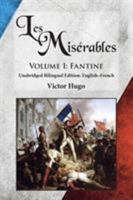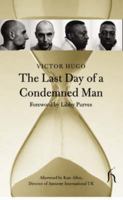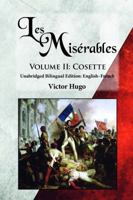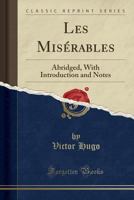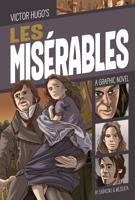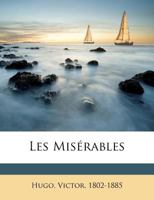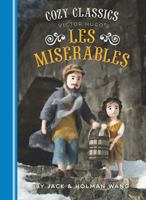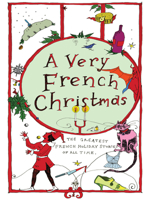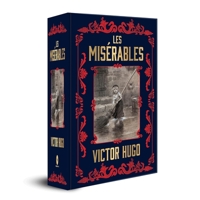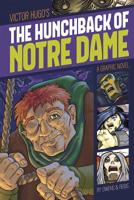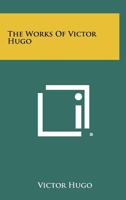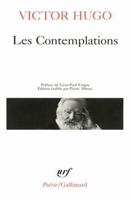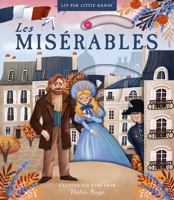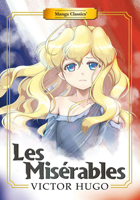Quatrevingt-treize
Select Format
Select Condition 
You Might Also Enjoy
Book Overview
Ninety-Three (1874) is the final novel of Victor Hugo. As a work of historical fiction, the story is set during the period of conflict between the newly formed French Republic and the Royalists who sought to reverse the gains of the revolution. Praised for its morality and honest depiction of the horrors of war, Ninety-Three influenced such wide-ranging political thinkers as Joseph Stalin and Ayn Rand. "The soldiers forced cautiously. Everything was in full bloom; they were surrounded by a quivering wall of branches, whose leaves diffused a delicious freshness. Here and there sunbeams pierced these green shades." Advancing through the countryside, a band of Republican soldiers discovers a family of refugees, a mother and two children who fled for their lives during the insurrection of Royalists in Brittany. Taken in, they are swept up in an attack by the merciless Marquis de Lantenac, a counterrevolutionary leader who has just landed with a unit of Royalist troops. Separated from her children, Michelle is protected by a local beggar who hides her from Lantenac and his men. Meanwhile, Robespierre, Marat, and Danton have sent Commander Gauvain from Paris to stamp out the Royalist threat in Brittany, knowing all too well that Lantenac is his distant relative. As families are torn apart in the name of political struggle, as mercy gives way to death and betrayal, Hugo examines the human cost of war without losing sight of the gravity of the historical moment.
Since our inception in 2020, Mint Editions has kept sustainability and innovation at the forefront of our mission. Each and every Mint Edition title gets a fresh, professionally typeset manuscript and a dazzling new cover, all while maintaining the integrity of the original book.
With thousands of titles in our collection, we aim to spotlight diverse public domain works to help them find modern audiences. Mint Editions celebrates a breadth of literary works, curated from both canonical and overlooked classics from writers around the globe.
Customer Reviews
Rated 5 stars"Ninety Three":Victor Hugo's most perfect work
I have read four novels of Victor Hugo(and the synopsis of a fifth one)."Ninety Three" is the one in which he has reached perfection.This specially applies to his plot-structure which is one of the best I've come across.Hugo's rather naive artrifices and linking devices,which he used for making tight plot structures,but lent an unconvincing coherence in his earlier novels are absent-giving rise to an ingeniously linked sequence...
2Report
Rated 5 starsHistory in the making
Hugo was a great novelist with a gift for mixing history with fiction. Just like Dumas, only Dumas is lighter entertainment and less depth. 1793 was a crucial year for the French Revolution, and hence for human History. The Revolutionary regime was unstable, faction-ridden, while the forces of the Ancien Regime were still fighting fiercely (read Balzac's "Les Chouanes" and "A Murky Business" for other great references to alter...
2Report
Rated 5 starsAyn Rand is the Authority for this review
Refer to Ayn Rand's non-fiction bood entitled "The Romantic Manifesto" There's an excellent introduction to Victor Hugo's Ninety-Three. That's what made me want to read it and why I continue to read it over and over.
2Report
Rated 5 starsBrilliant
I encountered this book while writing an honors undergraduate history thesis on the revolt in the Vendee--which is the setting for this book. Ninety-Three is both a literary masterpiece and an historical commentary ahead of its time. Hugo carefully balances his personal belief in the French Republic, and his distaste for the methods used by the Republicans in 1793. His characters are vivid allegories, and the novel is...
1Report
Rated 5 starsDefinetly on par with Les Miserable and Notre Dame de Paris
Hugo again outdoes himself. His ability to go into details, without losing his reader, compares with Hemingway's. But this is not to say that his focus on the detail is at the expense of the big picture. Just the opposite. Ninety-three gives an overall perspective of the French Revolution that I have never realized (not that I claim to be an expert on the subject). Moreover, the battles between the blues (advocates...
1Report











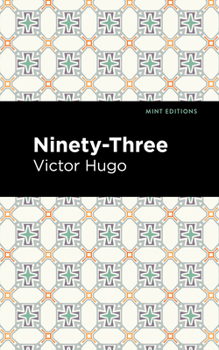

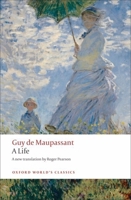
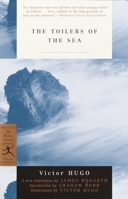
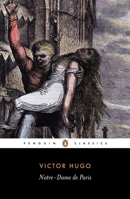
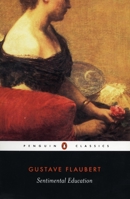
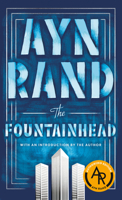
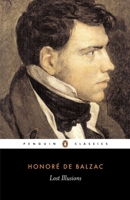
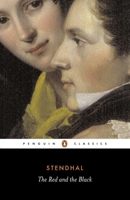
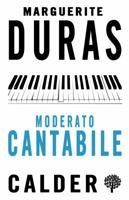
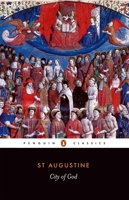
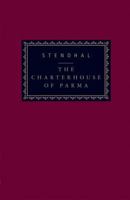
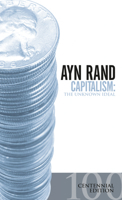
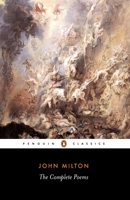
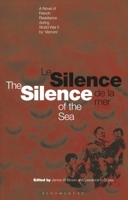
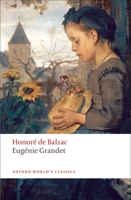
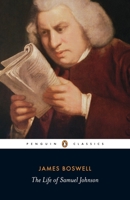
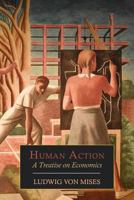


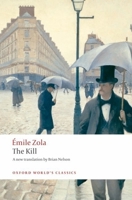
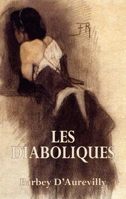
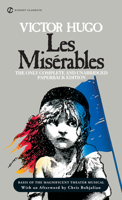
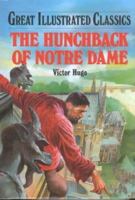
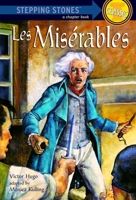
![[Classic Starts: The Hunchback of Notre-Dame: Retold from the Victor Hugo Original] [Author: Retold from the Victor Hugo original] [April, 2008]](https://i.thriftbooks.com/api/imagehandler/s/94156BAE993355599D24ACA041BB643C70D58B80.jpeg)
